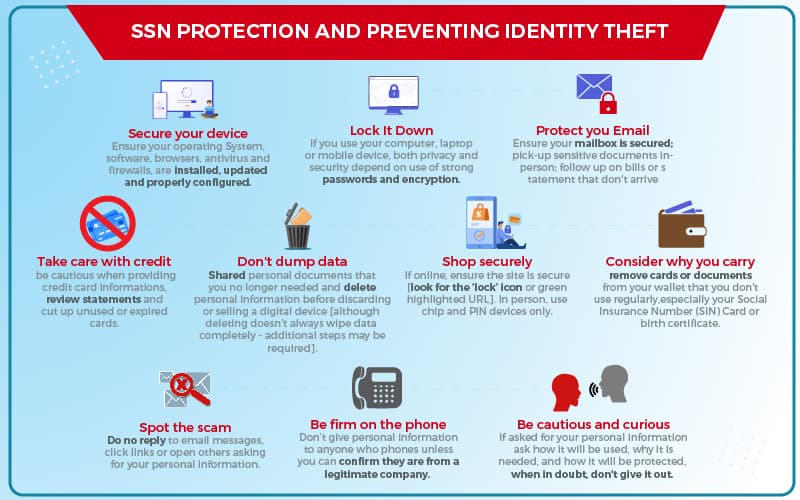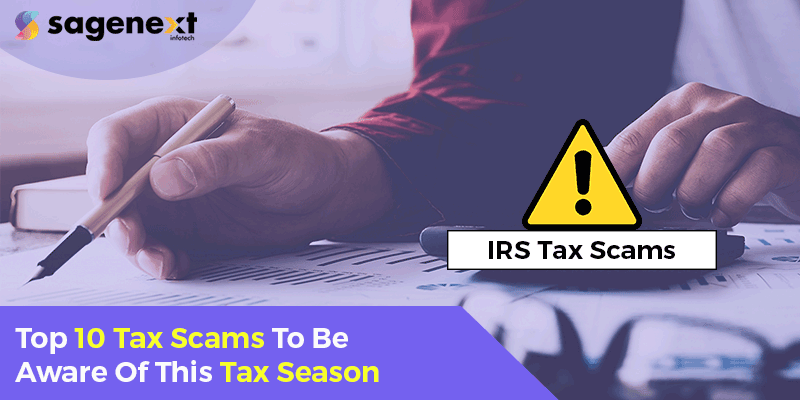
IRS Lists Top 10 Tax Scams To Be Aware Of This Tax Season
Update: This blog was last updated on 26th May 2020 to reflect the accuracy and up-to-date information on the page.
Tax filing is indeed a difficult job and preparing for tax season can be both burdensome and time taking. The taxpayers have to be careful while shuffling hectic processes. Working precisely for various tax problems arising during tax season and finding their solution, they need to be as aware of the impending dangers as CPAs or accountants do.
To successfully cope up with the impending dangers the IRS has come up with the ten major tax scams that need to be revised before a taxpayer files tax. This infographic will depict the ten tax scams to be aware of this tax season.
In this infographic, we have highlighted 10 tax scams to be aware of.
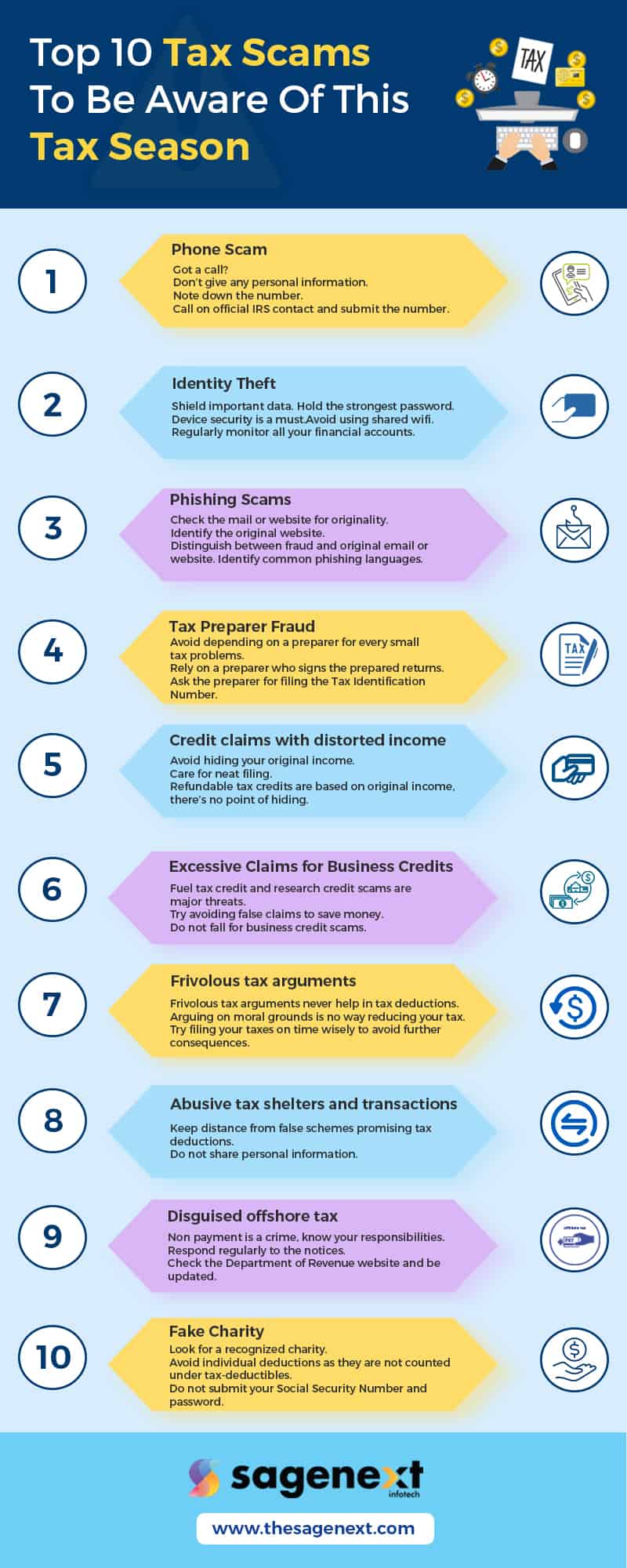
1. Phone scams
Phone scams are the most obvious part of tax scams for trapping the taxpayers into false money transactions. The callers pose like IRS professionals and ask for bogus tax debts threatening the payers of arrest if the amount is not paid on time. According to IRS, phone scams have gradually increased within years and more people are trapped in these scams. The best solution is not to pick any IRS calls if not expected, says IRS.

2. Stealing Identity
Stealing identity or identity theft is another trap where another person uses your personal information for filing a tax or asking for a refund. You must protect your Social Security Number or set a strong password and other tax or personal information in order to protect tax fraud in your name. However, IRS has developed new methods to detect tax-return-related identity theft during years.
3. Phishing scams
Phishing is a method of gathering personal information using e-mail or a fake website. There are cases when you see emails and websites demanding your Personal Info or links demanding installation of any kind of malware or spyware. If you receive any of email related to the IRS, you can forward a message to [email protected]. You must remember that the IRS never asks for any kind of personal information using emails.
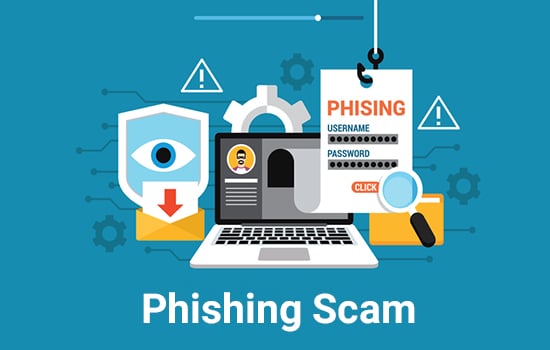
4. Tax preparer fraud
Most of the taxpayers depend on professional tax preparers for filing taxes or any kind of assistance in tax returns. According to IRS, out of 10 taxpayers, nearly 6 of them depend on preparers and sometimes those tax preparers try to encourage the taxpayers to claim improper credits or deductions in hope of saving some money for themselves. So, you must be careful while choosing your tax preparer. Check for a tax preparer who sign the returns they prepare and also enter their Tax Identification Number.
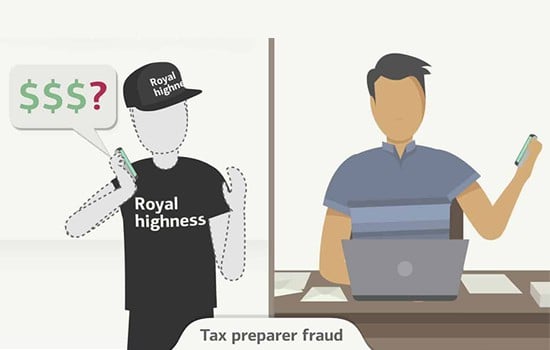
5. Claiming credits using distorted income
It is obvious to think of saving some bucks but distorting income for this? No, it is not a way to save tax. There are cases when the taxpayers hide or distort their income when filing for a tax or demanding tax return. But the truth is, Refundable Tax Credits always demand accurate information of the person’s income. The person accused of falsifying income may be asked to return the refund with an additional charge or may face criminal charges. So, try to avoid falsifying income when claiming credits, you can be a part of serious trouble if caught.
6. Excessive Claims for Business Credits
Excessive claims for business credit is an improper way to ask for tax reduction. The business personals often try to save tax amounts by unsupported claims and this leads to serious issues, sometimes they end up with fines or penalties. Majorly fuel tax credit scams and research credit scams are observed and the IRS is involved to find these issues in businesses.
7. False arguments to avoid tax
In the long list of tax scams, IRS has also mentioned frivolous tax arguments used by the taxpayers to avoid tax. Some of the common examples of frivolous tax arguments comprise the refusal to pay taxes on religious and moral grounds, claiming the employee entitled to federal tax are those working for the federal government or only foreign-source income is taxable. But these arguments can lead to penalties and fines.
8. Abusive tax shelters and transactions
Abusive tax shelters are investment schemes that claim to reduce your income tax without changing the value of your assets or income. It is not mandatory that the abusive tax shelters are larger or billion-dollar companies, they can be small firms promising trust engagement. But the truth is nobody can legally avoid taxes using multiple layers of assets, trusts or companies or manipulating any kind of transaction. So, the better option is to avoid this kind of scheme and think more before handling your transactions with any other company.
9. Disguised offshore tax
Doing transactions in foreign countries, having extra cash or having a brokerage account is not a fault, but hiding the same is. There are notable requirements where the taxpayers need to inform about the offshore properties or any kind of foreign investment. You need to submit all your tax info to FBAR (Report of Foreign Bank and Financial Accounts) in case you have to pay any offshore tax. The taxpayers disguising these tax amounts can be charged for criminal offences or entitled under civil or criminal penalties and fines.
10. Fake charities
Fake charities are the most verse trap, the taxpayers are often seen to fail charitable gifts that are tax-deductible. You can donate a specific amount and that would not be deducted in your tax amount, the reason is they are fake or may not be countable under the tax-deduction. You must look for a recognized charity or a known one. Before donating any amount, always remember to itemize your deductions and have a receipt for every donation. Avoid submitting your Social Security Number or password while asking for a receipt for your donation. Keep in mind that you only donate property or gifts that are valuable or antique and never overlook payroll deductions.
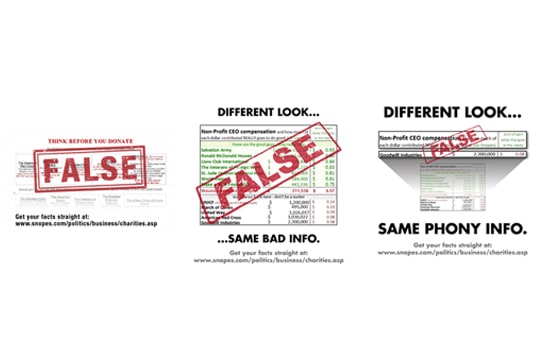
Tips to Protect Yourself to Be A Victim of Tax Scam
1. Protect your Social Security Number
Social Security Number is one of the essentials required to protect the taxpayer’s identity. It is the very document that is asked by the tax authorities whenever you file taxes.
The fraudsters can misuse SSN and file a fraudulent tax return. So, you must always check your SSN to be safe and follow these steps to ensure this.
- Avoid taking your SSN or any document related to SSN with yourself unless it is necessary
- Try to keep your SSN private. Do not share your SSN information with others
- Do not provide your SSN even if any business or service provider asks for it. Also, keep checking your earnings in the Social Security Administration once a year
2. Keep your Financial Information Private
Keeping your financial records private is the other most important thing that can save you from tax scams. Even if you are sure of the information being private, the thieves can track and crack it in many ways.
So, try not to share your financial information through phone or email. If you don’t know who is asking for your financial records, never share it.

3. Tighten Computer Security and Protection
Computer security and protection is a necessity which is ignored by most. You don’t need to be a tech expert to ensure your computer is secure and protected. Following some really easy steps can help.
- Keep a strong and unique password and keep changing it regularly
- Do not let any financial website to automatically save your password
- Update your computer software regularly to protect it from spams and viruses.
- Also, you can use antivirus software, firewall, or anti-spam programs on your computer
- Recycle your computer regularly but keep an extra backup in case you need something later
4. Opt for Cloud Tax Software
They say cloud tax software is the most reliable option when the context is related to safety and security. It is advisable to choose cloud tax software as it becomes easy to work on tax files even if the information gets deleted from your system.
The information you store on cloud software is protected and encrypted under three-tier security. This creates a protective security wall, which prevents cyber thieves or cybercriminals to enter and steal your tax files and documents.
5. Lock your Mailbox (Email)
Most of us reading this blog would agree that the mailbox is a matter of interest for many people, AKA, cybercriminals. One of the main reasons for targeting your mailbox is it contains financial information.
Hacking into your mailbox can lead to identity theft. This can allow the hacker to pretend to be you and polish off your bank account. So, keep a strong lock on your mailbox to prevent information theft.

6. Do not Fall for Credit Card Solicitations
Credit card solicitation is one of the major traps, which most individuals fail to recognize.

Make sure that you choose a particular bank for tax payment. We advise you not to share your card information like a PIN or OTP number with anybody else.
Also, keep these points in mind.
- Once your card expires and you get the new one from your bank, shred the old one
- Dispose of all the junk shreds of your card carefully
- Never go for offers like pre-approved cards
- Try to keep your card information private
- Do not store any information even in the junk folder
To conclude:
You must be a neat taxpayer, but sometimes you are trapped for faults you have not done. The knowledge of these tax scams will help you avoid those faults. No matter how sincere you get while filing the taxes, try avoiding tax preparers for every big and small tax deductions or filings. Well-versed with all the necessary tax scams, I hope this blog will help you strongly survive the tax season.
